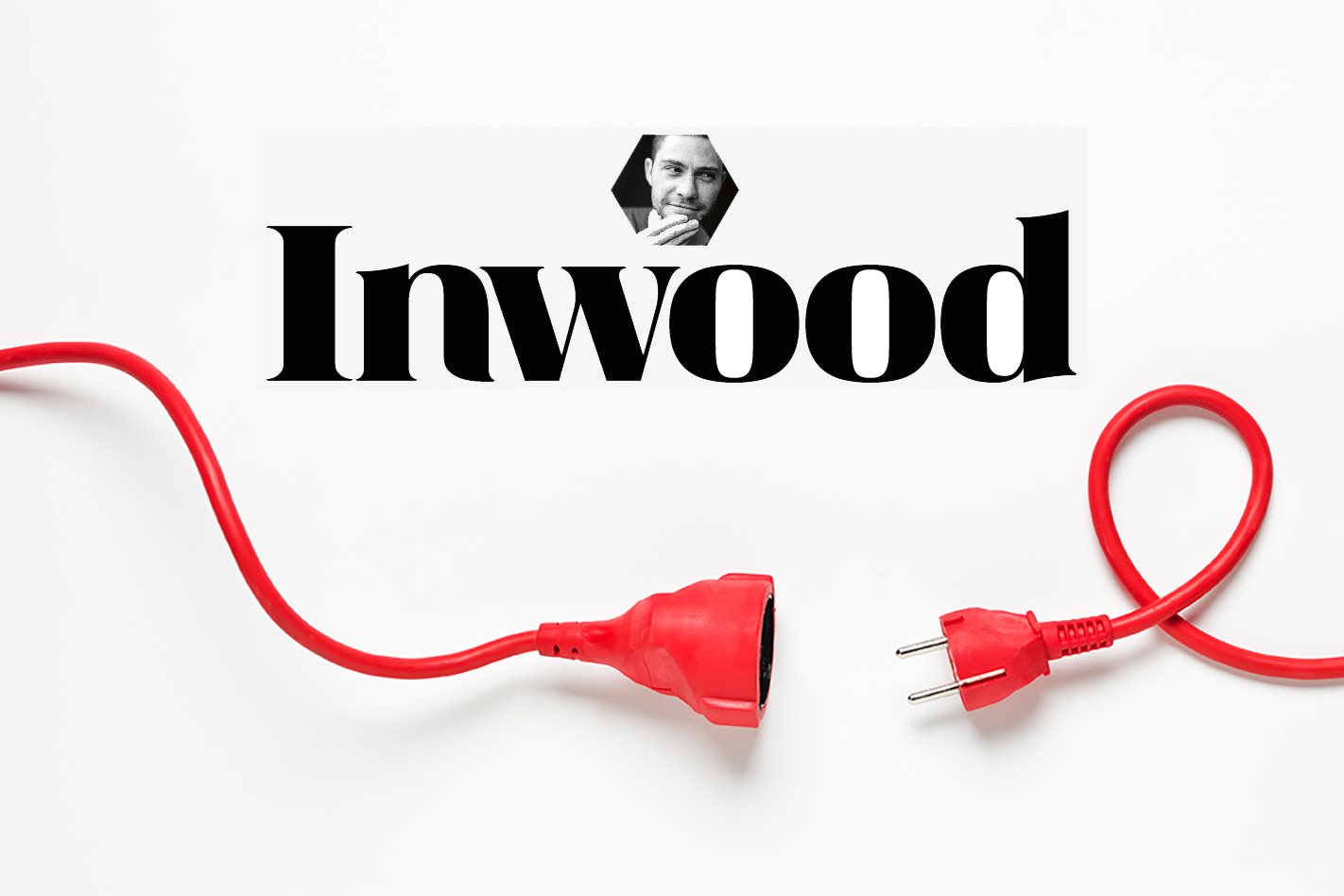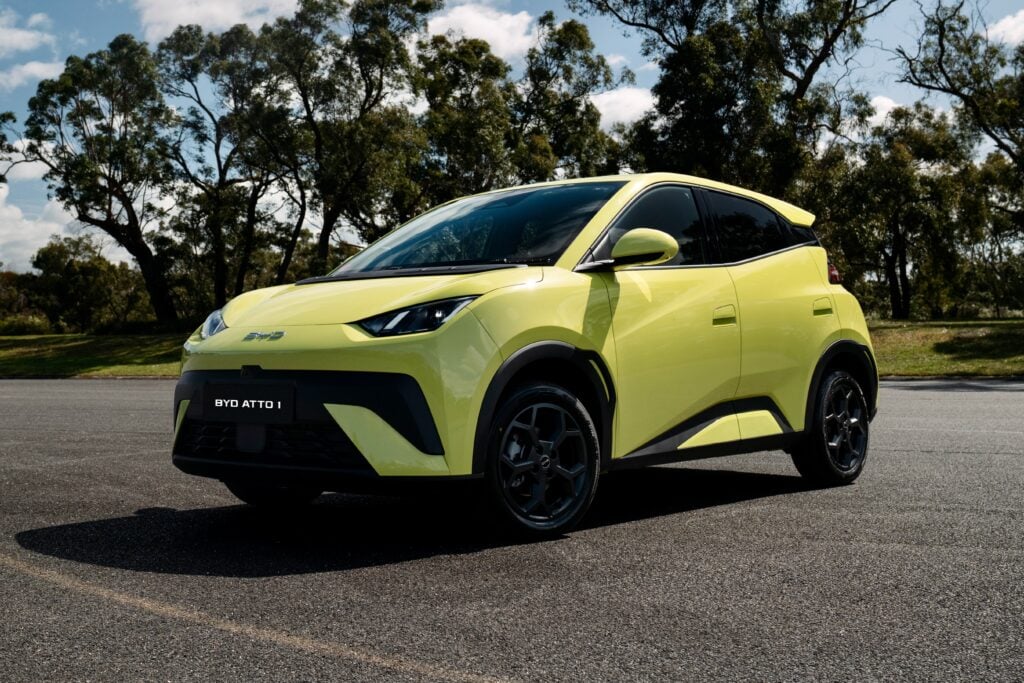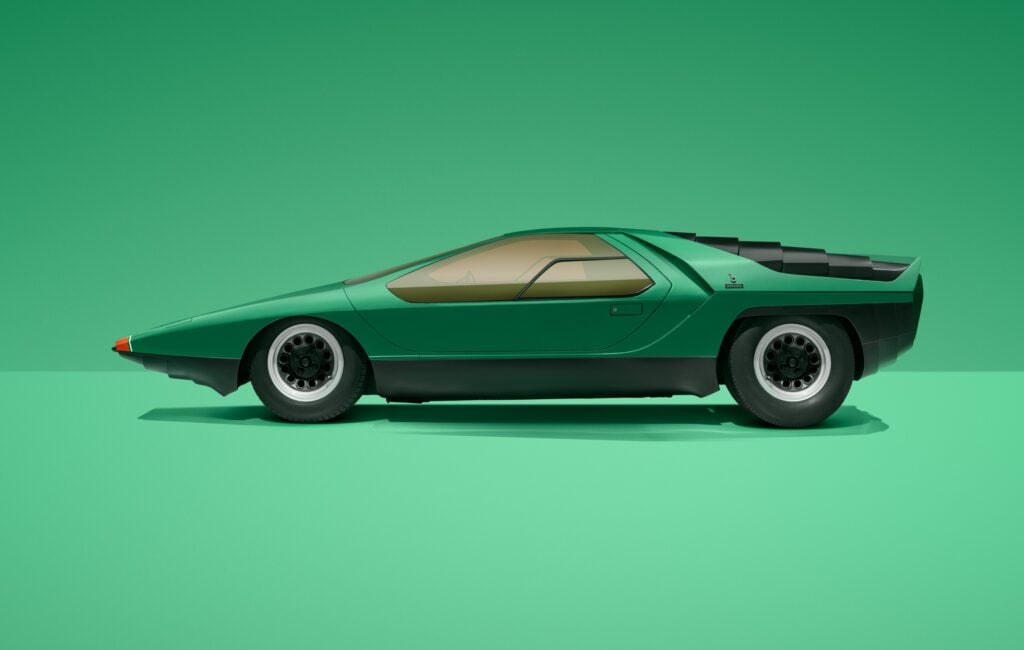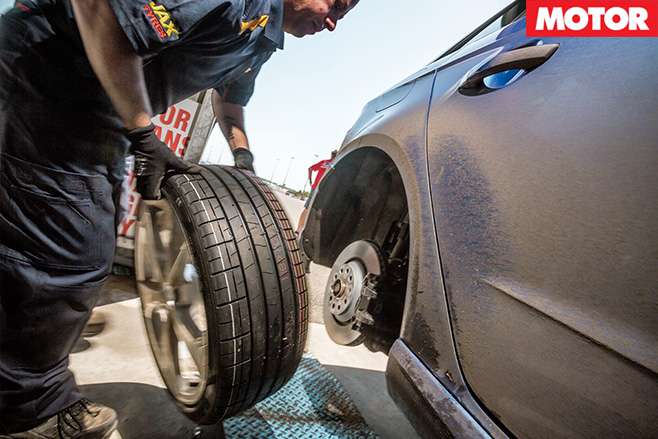The strangest thing happened this year: cars became a major political issue. Well, when I say cars, I really mean EVs. What other vehicle holds such political promise, such opportunity to appear forward-thinking and ‘green’, or such ammunition with which to paint your opponent as a coal-mongering Luddite? You could practically hear the speech writers rubbing their hands together with glee.
As I wrote this, the Federal election was just over a week away, so I realise that by now, the discourse may have moved on. But honestly, can you think of another topic that has accelerated from zero to linchpin election issue faster than EVs?
For a while there it was all-pervading. EVs were on TV, on the radio, in my Facebook feed and on the front page of the paper. I even contributed. Radio stations called and I spoke with listeners who asked intelligent questions about recharging times, price premiums and how far they could travel on a charge.
At first this made me ecstatic. “Finally!” I thought. “EVs are getting the mainstream attention they need. The sensible debate has begun!” That should have been the first warning sign, though at this point I was still optimistic.
Regular readers will know that Wheels is broadly supportive of electric cars. We’ve championed them on our cover, bestowed our Car of the Year award upon them, and driven them extensively. This issue continues the trend with two electric-car feature drives starting on p60 and p86 respectively.
You’ve shown a collective interest in them, too. Our ‘Future Issue’ has been one of our strongest-selling editions two years running, and by now, the enthusiast fear that EVs pose a threat to driving enjoyment has been exposed for the red herring that it was. As a collective, we seem to have accepted the direction the industry is barrelling towards, and realise that when engineered with real expertise, electrification can enhance the driving experience.
None of this has stopped Wheels from reporting on the many and varied challenges facing EVs. You need only to consider the sales numbers to appreciate just how much of an EV backwater Australia is. EVs make up 0.2 percent of our market, a figure that experts say puts Australia 10 years behind the rest of the world. Then there’s the state of our recharging infrastructure (Australia currently has around 600 public charging stations; Europe has 150,000 and counting), and the thorny issues of the fuel excise, how our power will be generated, the need for subsidies and incentives, how batteries will be disposed of… The list goes on.
The fact that our nation’s leaders are only now debating if electric cars are important, or simply a passing fad, is embarrassing. The rest of the developed world accepted EVs yonks ago. The time for burying our heads in the sand has passed.
So when one of the policies being debated set a target of making 50 percent of all new-car sales electric by 2030, I saw it as a positive move. An idealistic and unrealistic one, sure, but I reasoned it was better late than never, right?
Then things began to unravel. Hot on the heels of making a spectacular boob of himself by declaring you can recharge an EV “in 8-10 minutes”, Bill Shorten really put his foot in it by revealing he didn’t know how much the world’s most popular EV costs. Then the Liberals contributed to the ignorance by claiming that a rise in EV sales would harm tradies by killing off the dual-cab ute. Yeah, I don’t get that one either.
We all know that politicians are always making promises they can’t keep, but this is one of those occasions when they don’t even know what they’re promising. Or how impossible it is. As soon as Shorten said it, you could hear the sound of journos scribbling reminders in their diaries for 2030 so they can write stories pointing out just how badly we missed the target.
Norway is the global leader here, with 58 percent of its car sales in March being electric, but they’re actually doing things to incentivise people to buy EVs. And I think that’s the Big Lie here. Australia is going to aim for 50 percent, but what are our leaders actually promising to do to get us there? Absolutely nothing.







